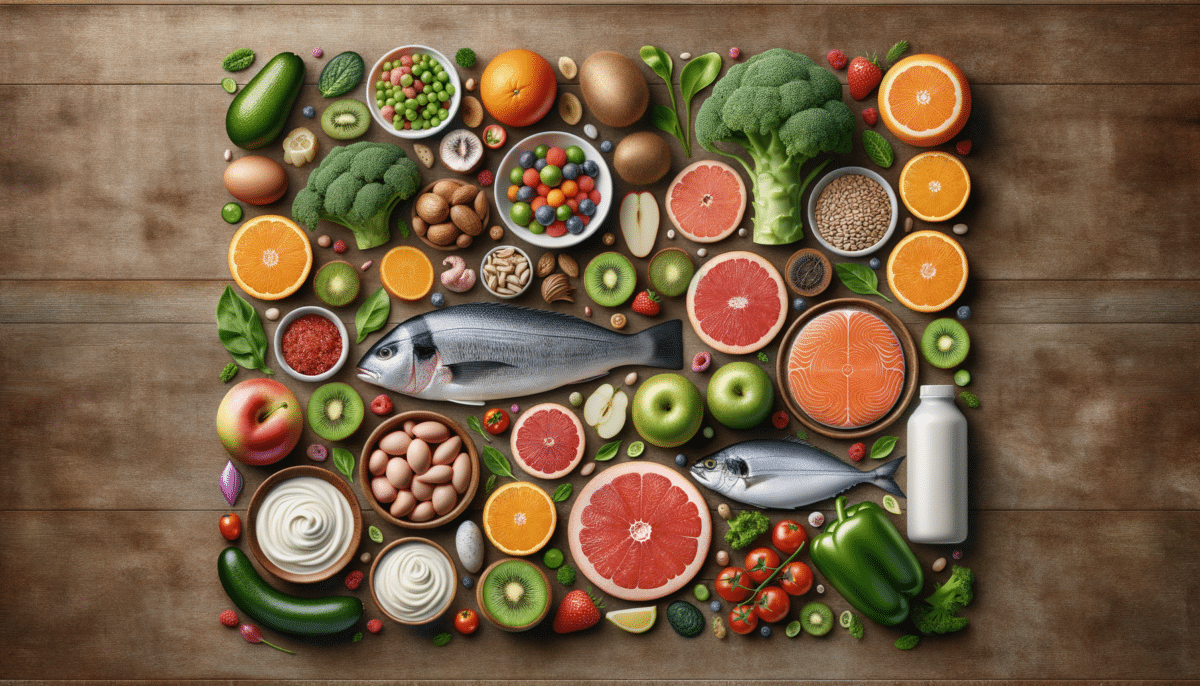The Importance of Skin Health
Our skin is the largest organ of the body, serving as the first line of defense against environmental aggressors. Its health is not just a matter of aesthetics, but also of overall well-being. Healthy skin acts as a barrier, protecting us from harmful pathogens and injuries. Moreover, it plays a crucial role in regulating body temperature and facilitating the sensation of touch. Maintaining skin health is essential, not only for our appearance but also for our general health. A balanced diet, rich in nutrients, is fundamental to supporting skin health from the inside out.
Antioxidant-Rich Foods
Antioxidants are compounds that help combat oxidative stress, which can lead to premature aging and skin damage. Foods rich in antioxidants, such as berries, nuts, and dark chocolate, are known for their skin-protective properties. Berries like blueberries and strawberries contain vitamin C, which is essential for collagen production, promoting firm and youthful skin. Nuts, particularly almonds, are high in vitamin E, which helps protect skin cells from damage. Incorporating these foods into your diet can help maintain a radiant and resilient complexion.
Omega-3 Fatty Acids
Omega-3 fatty acids are known for their anti-inflammatory properties, which can help reduce skin redness and irritation. Fatty fish such as salmon, mackerel, and sardines are excellent sources of omega-3s. These healthy fats help maintain the skin’s lipid barrier, keeping it hydrated and supple. For those who prefer plant-based options, flaxseeds and chia seeds offer a good alternative. Regular consumption of omega-3-rich foods can lead to healthier, more resilient skin.
Hydrating Foods
Hydration is key to maintaining healthy skin. While drinking water is crucial, consuming water-rich foods can also contribute to skin hydration. Cucumbers, watermelon, and celery are excellent choices, as they have high water content and are low in calories. These foods not only hydrate the skin but also provide essential vitamins and minerals that support overall skin health. Including hydrating foods in your diet can help keep your skin plump and glowing.
Vitamins and Minerals for Skin Health
Vitamins and minerals play a vital role in maintaining skin health. Vitamin A, found in sweet potatoes and carrots, helps repair skin tissue and reduces the risk of acne. Zinc, present in foods like pumpkin seeds and lentils, aids in healing and reduces inflammation. Additionally, selenium, found in Brazil nuts, protects the skin from UV damage. A diet rich in these nutrients can support skin regeneration and protection.
Conclusion: Nurturing Your Skin Through Nutrition
Incorporating a variety of nutrient-rich foods into your diet can significantly impact your skin’s health and appearance. Antioxidants, omega-3 fatty acids, hydrating foods, and essential vitamins and minerals all contribute to a healthier complexion. By making mindful dietary choices, you can support your skin’s natural defenses and promote long-term skin health. Remember, the journey to beautiful skin starts from within.
